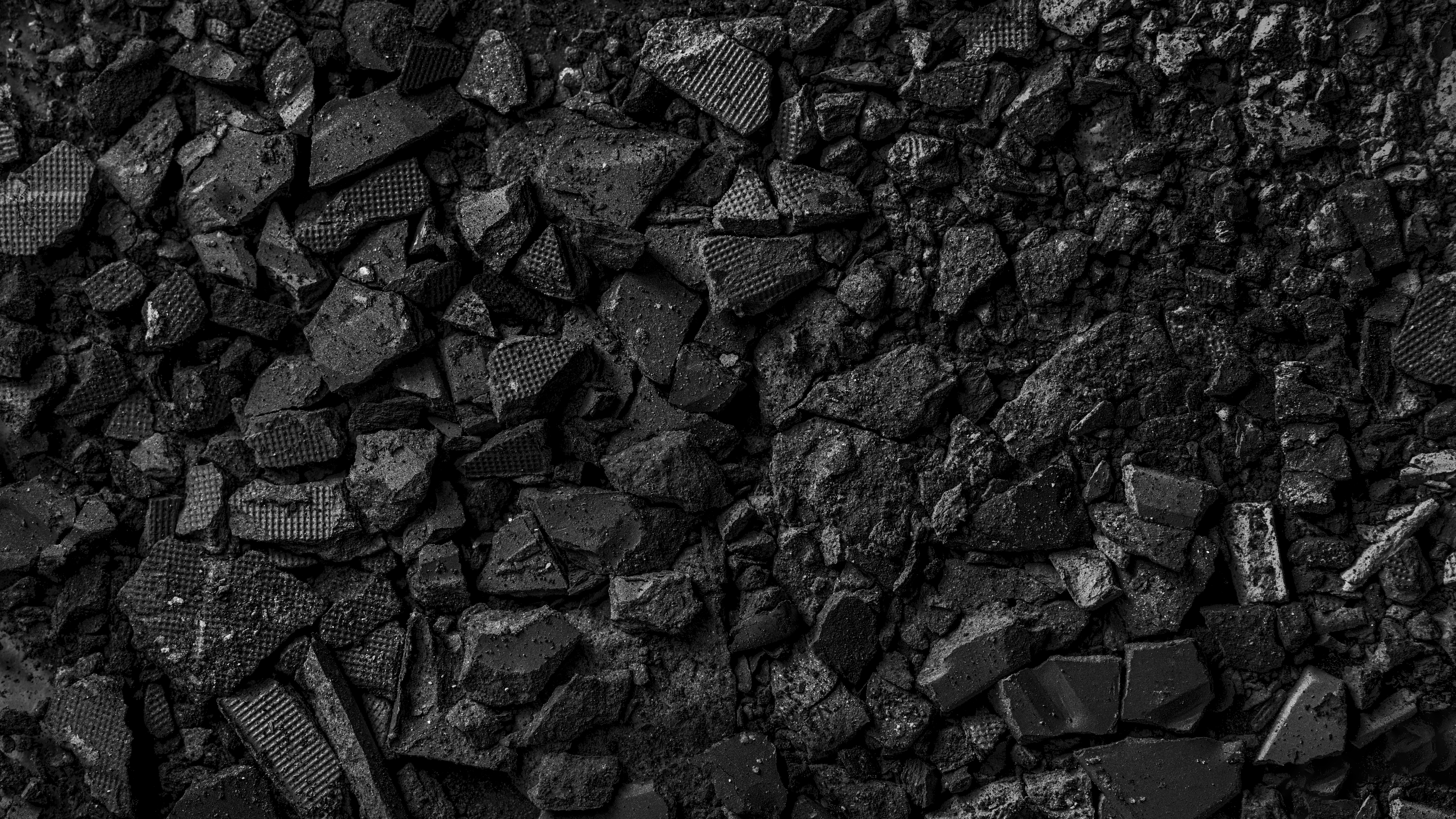What is Biochar?
Biochar, a carbon-rich substance, is generated through the thermal breakdown of organic biomass, such as crop residue, agro-wastes, wood chips, and husk, in low oxygen conditions—a process termed pyrolysis. This results in the partial combustion of biomass, yielding a stable, porous form of charcoal.
What is biochar good for?
Biochar holds significant importance in agriculture and various other industries as well due to its diverse applications. As a soil input in agriculture, it enhances soil microbial activity, prevents nutrient loss, absorbs toxins, improves soil structure and carbon content, reduces greenhouse gas emissions, and enables carbon sequestration. When applied appropriately, biochar offers a promising avenue to enhance soil fertility, promote sustainable land management, and support ecological equilibrium.
What are the negative effects of biochar?
Because biochar is alkaline, large amounts can raise soil pH (reduce soil acidity) and harm soil microbes and crop yield. Finally, adhering to the recommended biochar addition amounts is the best way to improve soil properties and promote plant growth. Furthermore, because of an increase in the pH of alkaline soils, which causes nutrient precipitation, biochar may increase the likelihood of excessive soil salinity and decreased soil fertility.
Image by rawpixel.com on Freepik










































































